History Of Events
Celebratory events have a long and rich history, deeply intertwined with human culture and social development. From ancient harvest festivals to modern-day sporting events, these celebrations have served to strengthen communities, transmit values, and mark significant moments in time.
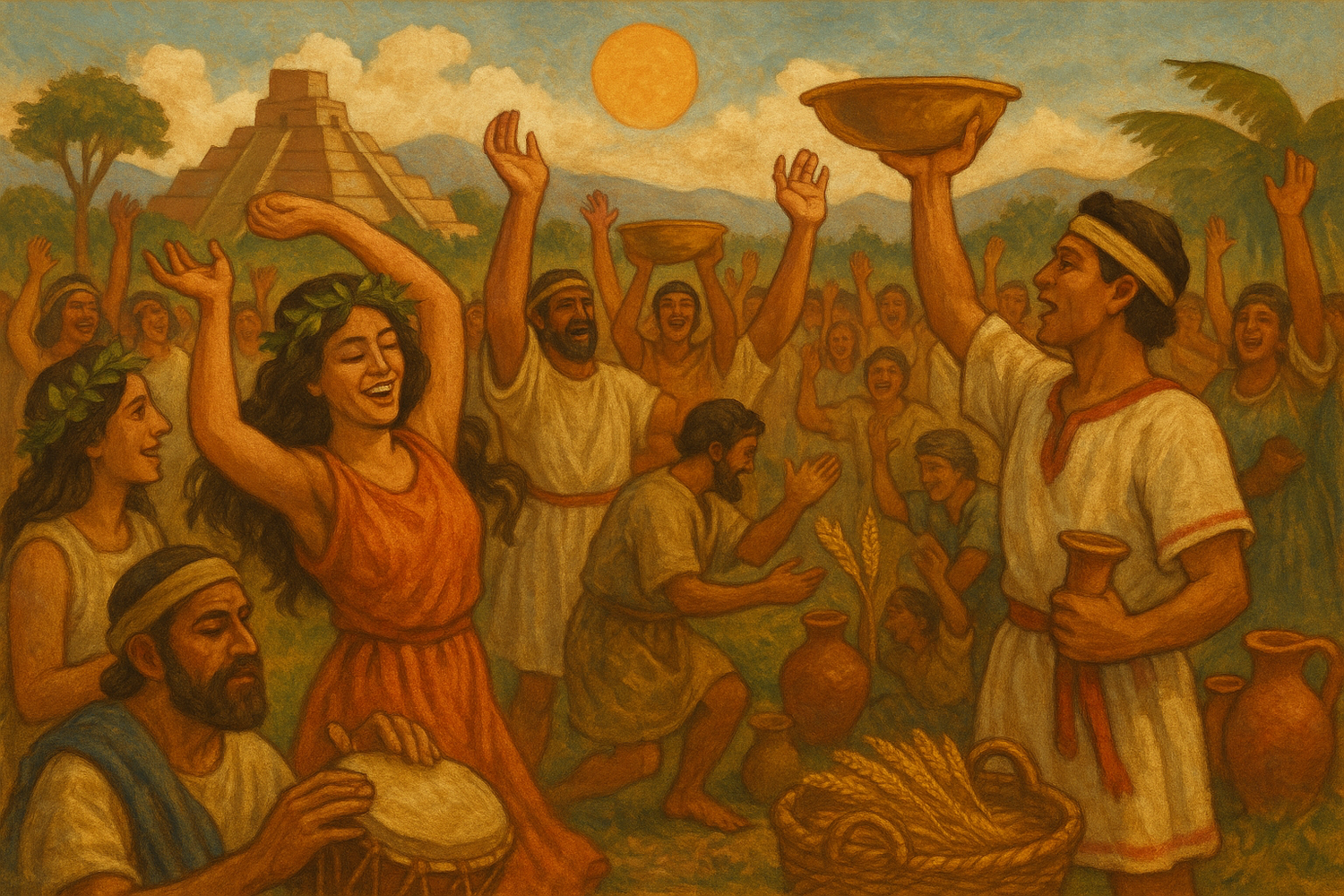
Ancient Civilizations
Celebrations were crucial for early societies, marking seasonal changes, religious events, and agricultural harvests.
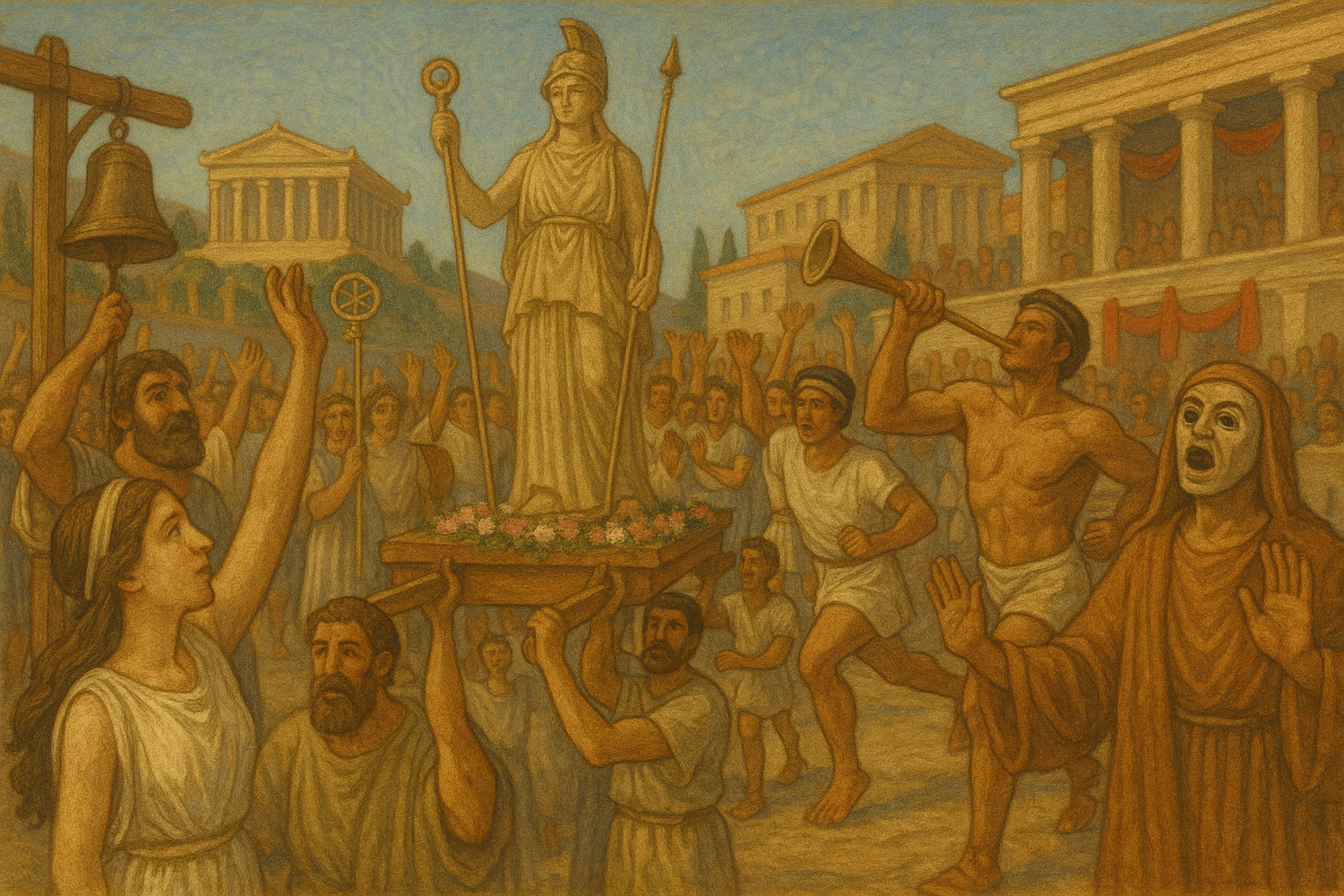
Religious and Cultural Significance
Festivals in ancient Greece and Rome, for example, were central to religious life, with processions, athletic competitions, and theatrical performances.
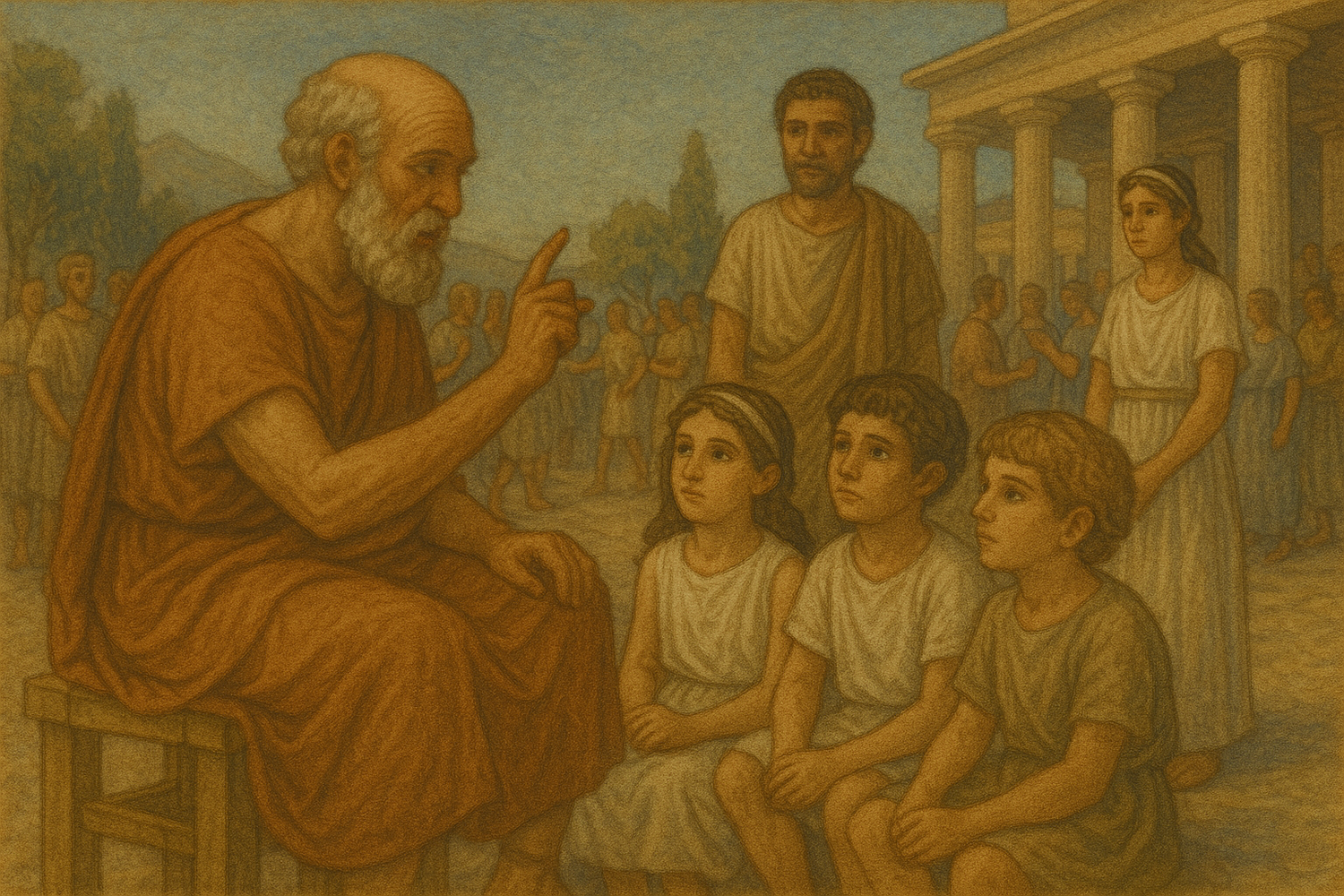
Transmission of Values
These events weren't just for festivity; they also served to pass down traditions, beliefs, and social norms from one generation to the next.
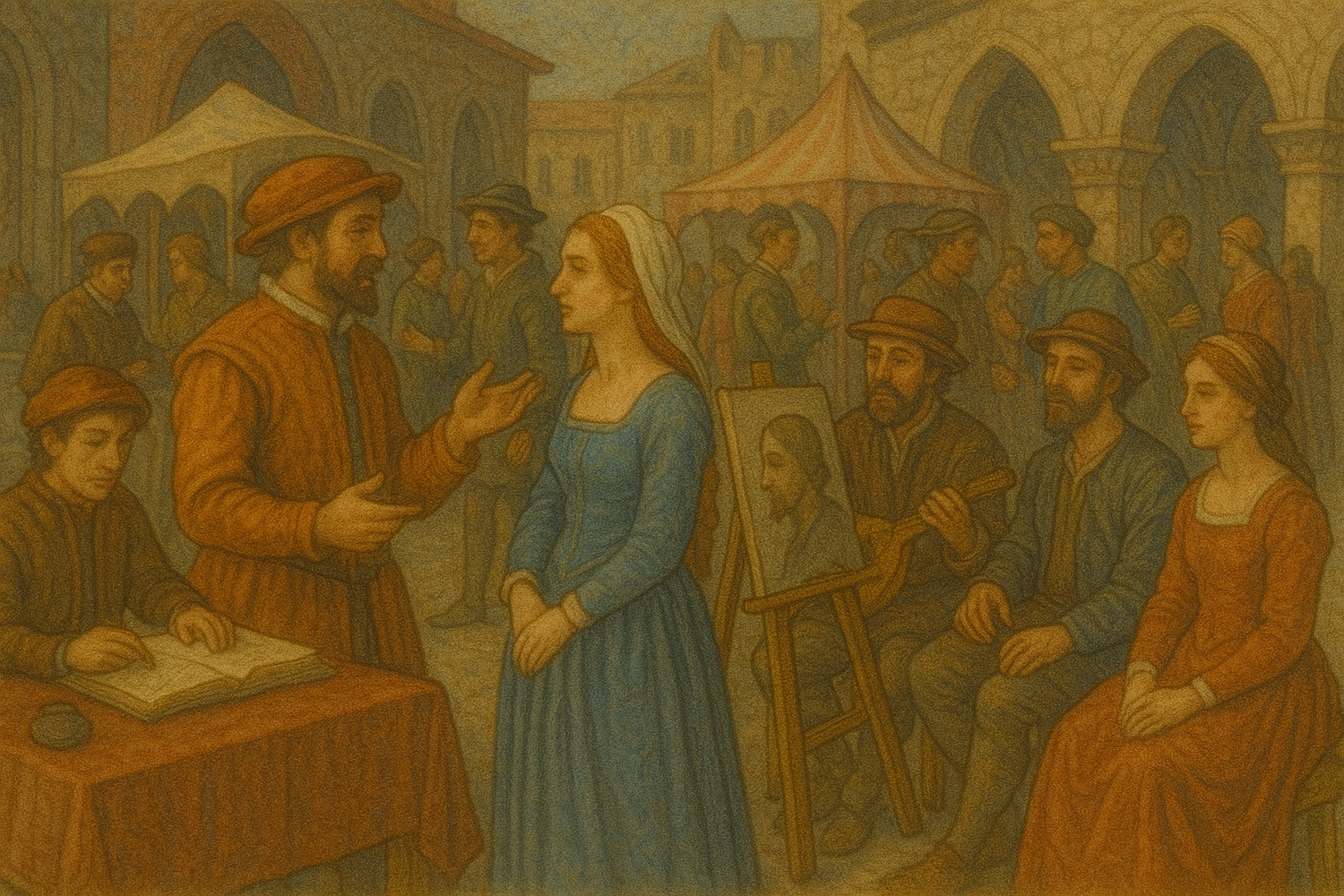
Renaissance Fairs
The Renaissance saw the rise of fairs and festivals as platforms for intellectual and artistic exchange, fostering innovation and creativity.
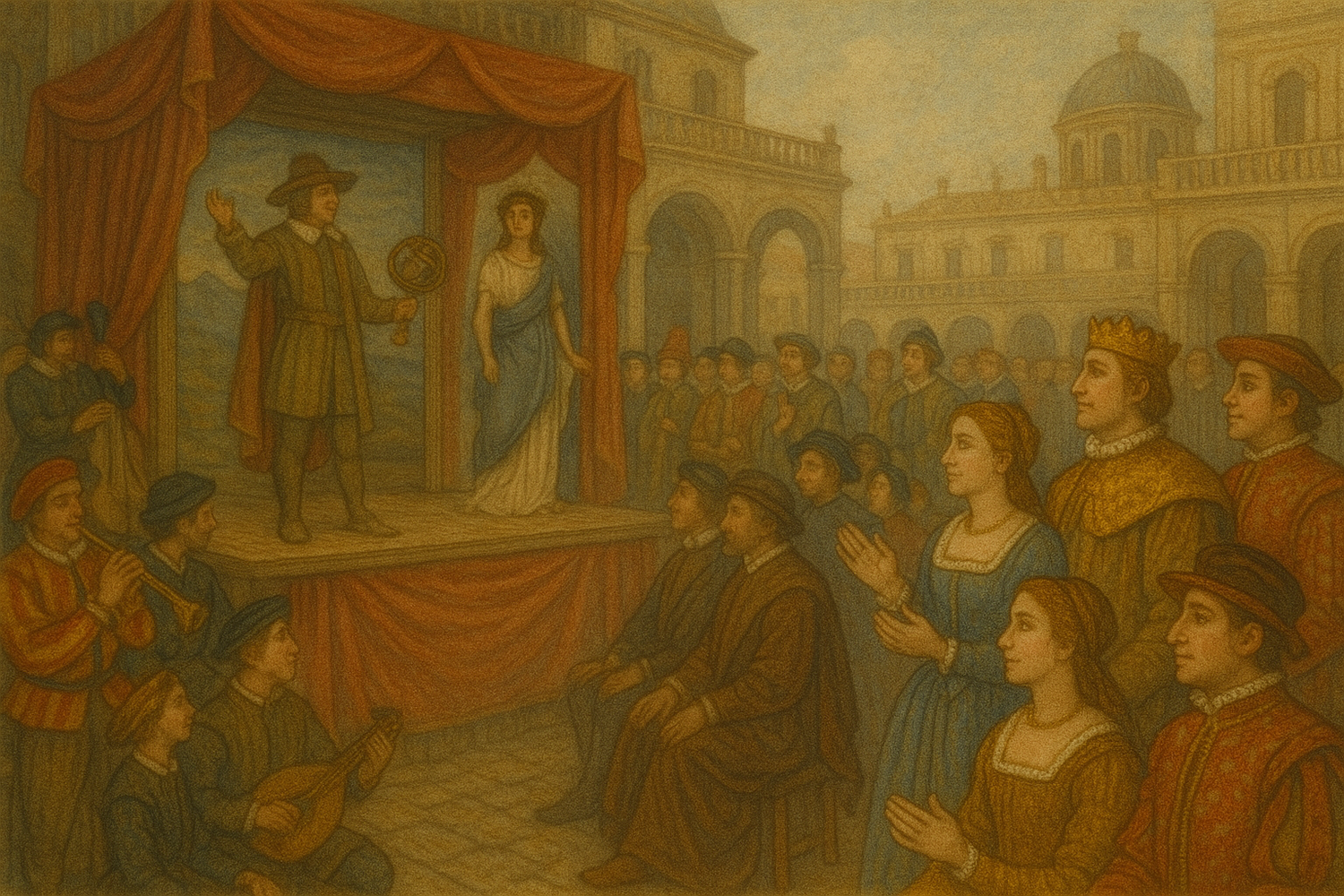
Court Festivals
European courts sponsored elaborate festivals that entertained and educated the public about new discoveries and artistic trends.
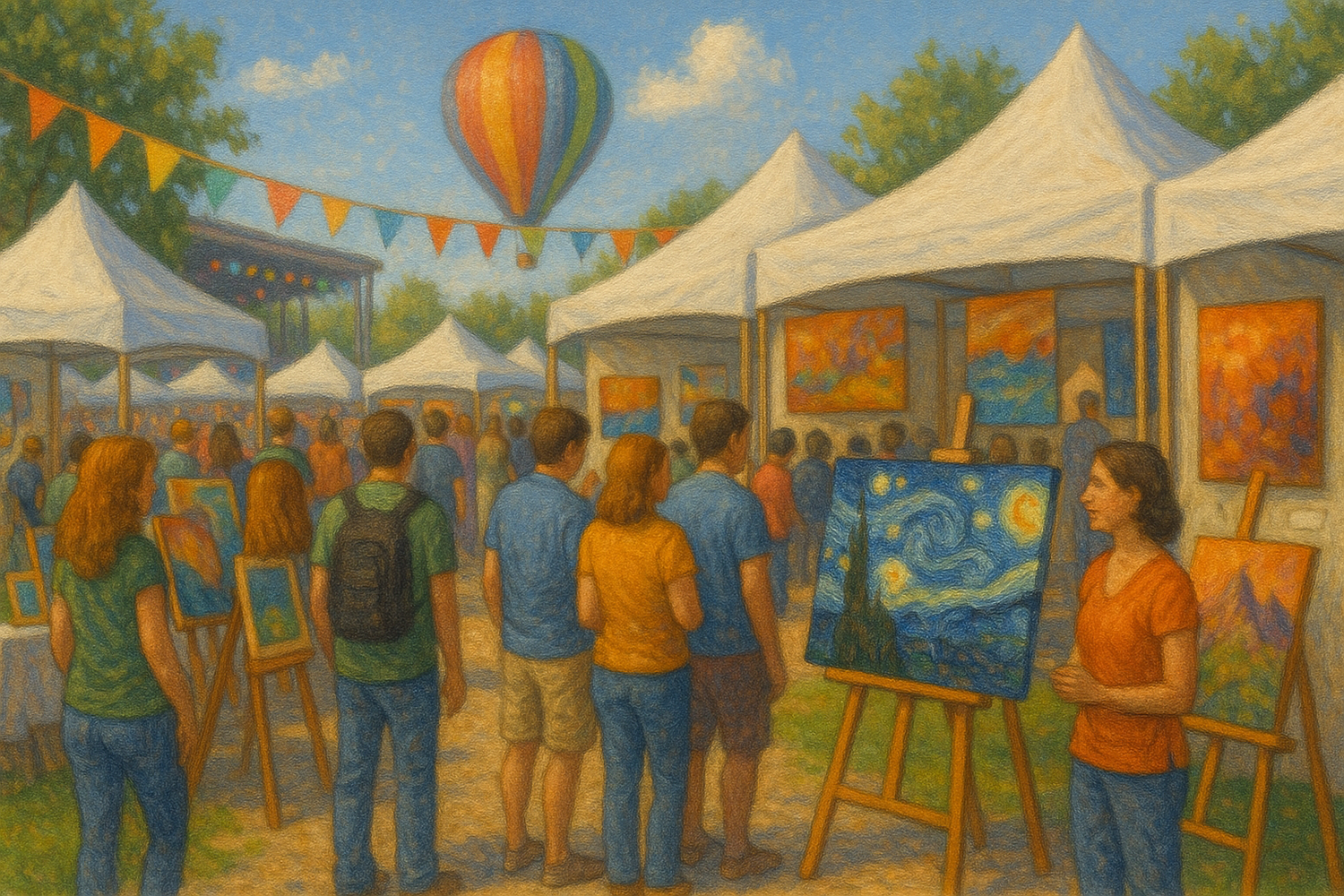
Modern Festivals
Festivals have continued to evolve, with the rise of art festivals and the increasing prominence of festivals as tourist attractions.
Key Aspects of Celebratory Events
Cultural Identity: They provide opportunities to express and celebrate cultural heritage.
Historical Significance: Many celebrations commemorate important historical events or figures.
Evolution and Adaptation: Celebrations continue to evolve, adapting to changing social and technological landscapes.
Future Trends: Emerging technologies like augmented and virtual reality are creating new ways to experience and interact with historical events.
But the most important aspects of Events and Celebrations is that it brings people together, fostering a sense of community and belonging and that's what we want to create!
